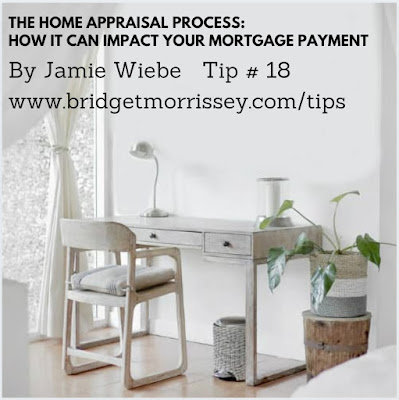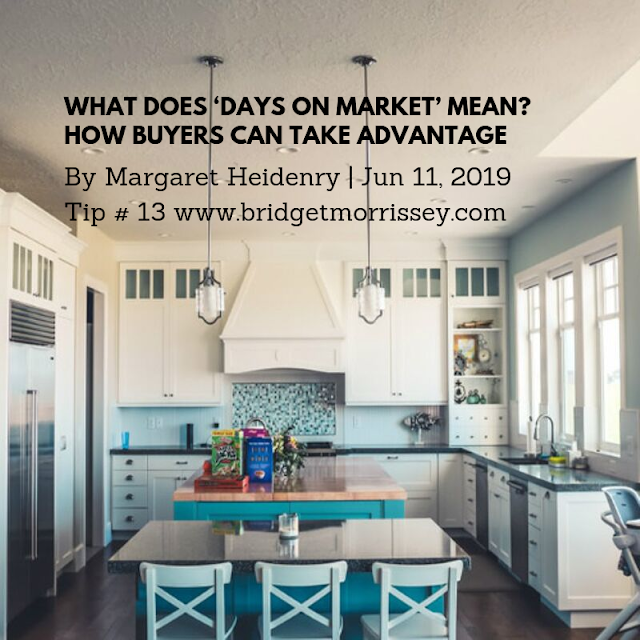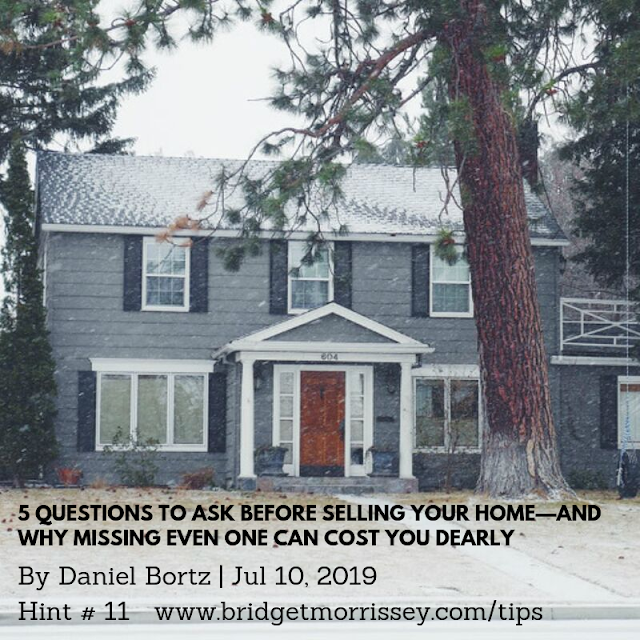While it’s true that things do slow down in the winter, that’s not necessarily a bad thing. Yes, it’s cold. Yes, fewer homes are for sale. Yes, moving in a snowstorm is a pain no one should experience. But there are quite a few darned smart reasons to buy a home in the winter.
1. There’s less competition
- Buying in the winter knocks out a large chunk of the buyer competition, allowing you to be a bit more selective with your home purchase.
2. Sellers are motivated—and willing to make a deal
- Many people place their homes on the market at this time of the year because they need to and will be more willing to work with you.
3. You can put the house through its paces
- In most climates, winter puts stress on the home. That gives you the perfect opportunity to evaluate the property under the worst conditions possible. A home that might seem perfect during the temperate spring could look wholly different in the winter.
4. Hiring movers is usually easier
- Movers aren’t booked solid like in the spring and summer months. You might even be able to negotiate a lower price because of the chilled demand.
5. You can enjoy last-minute tax savings
- If you’re purchasing your first home, buying in the winter gives you a few extra months of potential tax deductions although you should consider talking to a professional before getting too excited.
6. Homes close faster
- You will be able to close your loan much faster, as wait times are much shorter during the holiday season.
For more information about the benefits of buying a home in the winter go to bmre.us/tip20

.jpg)

.jpg)

.jpg)

.jpg)

.jpg)

.jpg)

.jpg)

.jpg)

.jpg)

.jpg)

.jpg)